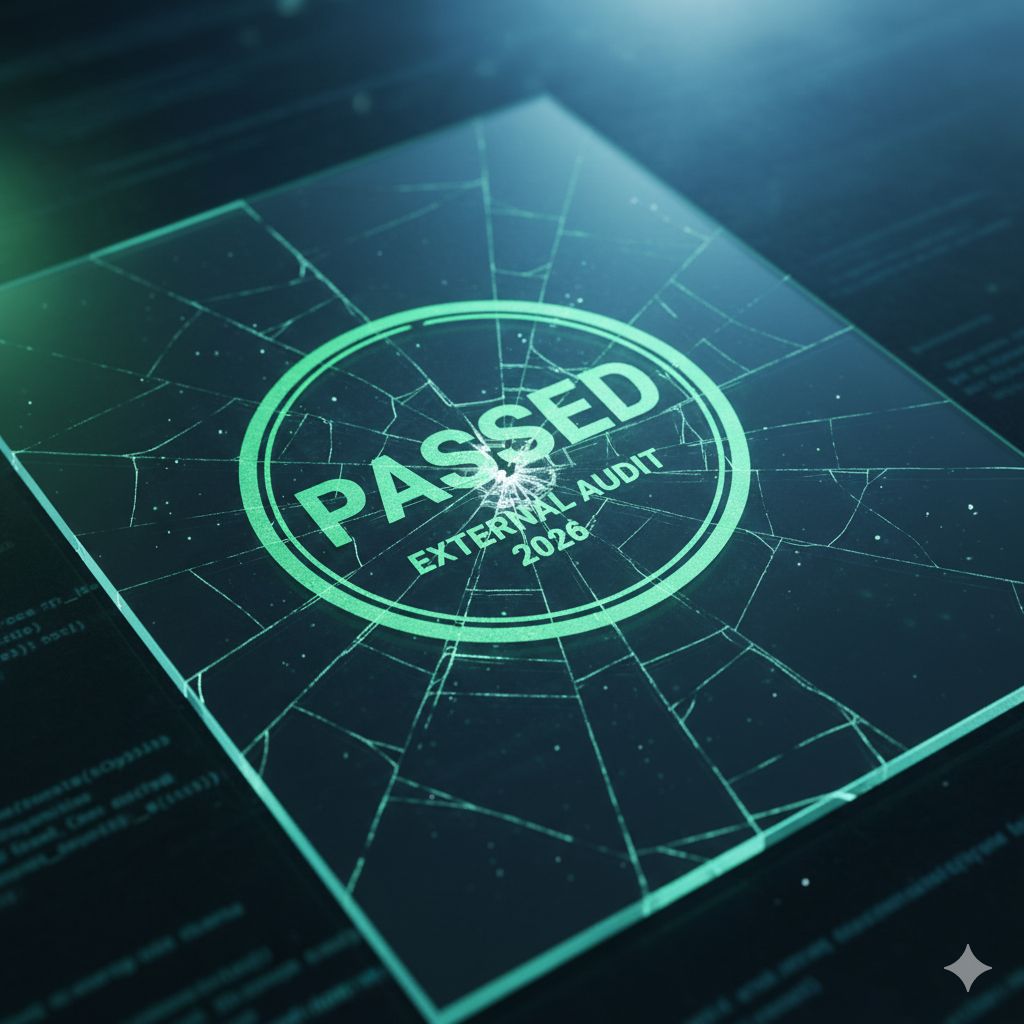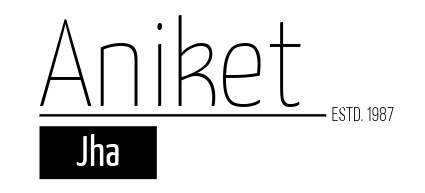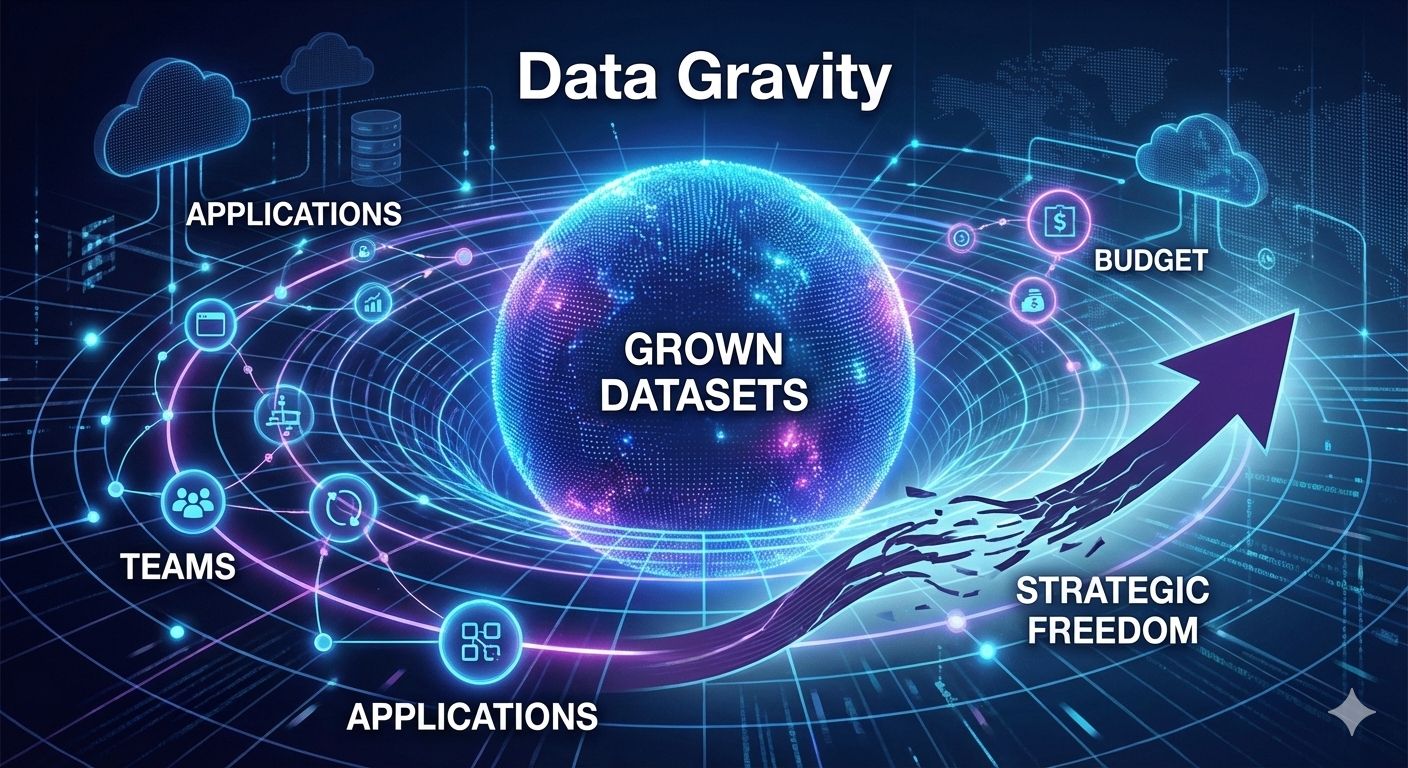Project management is often associated with cost-saving measures, but successful project management involves more than just reducing expenses. It’s about optimizing resources and minimizing waste to deliver value efficiently. Here are 5 key strategies to achieve this goal:
1. Resource Optimization: Ensure each resource is optimally placed by cross-training team members, implementing resource-sharing initiatives, or utilising technology to streamline operations.
2. Time Management: Time is a non-renewable asset in project management. Set clear timelines and achievable milestones, and use Agile methodologies to adapt quickly to changes. Regular progress assessments and proactive problem-solving can help keep the project on track and minimize delays.
3. Financial Prudence: Conduct thorough cost-benefit analyses before making financial decisions. Identify and eliminate unnecessary expenditures, negotiate favourable terms with vendors, and maintain transparent financial reporting to track expenses accurately. Try to avoid wastage rather than save.
4. Risk Mitigation: Develop a robust risk management plan that identifies potential threats, assesses their impact, and outlines proactive measures to mitigate or eliminate them. Regular risk reviews and contingency planning can safeguard the project against unexpected hurdles.
5. Continuous Improvement: Foster a culture of continuous improvement within the project team. Encourage feedback, facilitate knowledge-sharing sessions, and implement lessons learned from past projects.
By prioritizing waste minimization alongside cost-saving measures, we can steer projects towards success while maximising returns for all stakeholders involved. Remember, the ultimate goal of project management is not just to deliver within budget but also to deliver value efficiently.
#ProjectManagement #Efficiency #WasteMinimization #CostSaving #ContinuousImprovement #StakeholderEngagement #RiskManagement
Image by freepik




